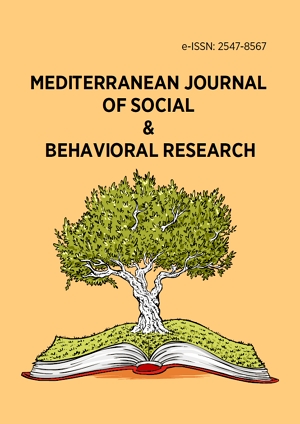Keyword: language
5 articles found.
Research Article
Breaking barriers: The shift to English as a medium of instruction in higher education-University of Tlemcen as a case study
MEDITERR J SOC BEH RES, Volume 10, Issue 1, May 2026, 37-44
https://doi.org/10.29333/mjosbr/17815Research Article
Practices, affordances, and challenges of collaborative teaching in mathematics content and language integrated learning classrooms
MEDITERR J SOC BEH RES, Volume 10, Issue 1, May 2026, 23-35
https://doi.org/10.29333/mjosbr/17768Research Article
Effects of e-learning on master EFL students’ academic achievement: A case study
MEDITERR J SOC BEH RES, Volume 8, Issue 2, June 2024, 37-42
https://doi.org/10.30935/mjosbr/14412Research Article
The Importance of Empathic Listening Skills in Turkish Learning of Foreign Students
MEDITERR J SOC BEH RES, Volume 5, Issue 2, June 2021, 35-40
https://doi.org/10.30935/mjosbr/10917Research Article
French Learners’ Opinion About the Effect of Study Abroad Experience on Language Learning
MEDITERR J SOC BEH RES, Volume 3, Issue 2, June 2019, 25-28
https://doi.org/10.30935/mjosbr/9590
